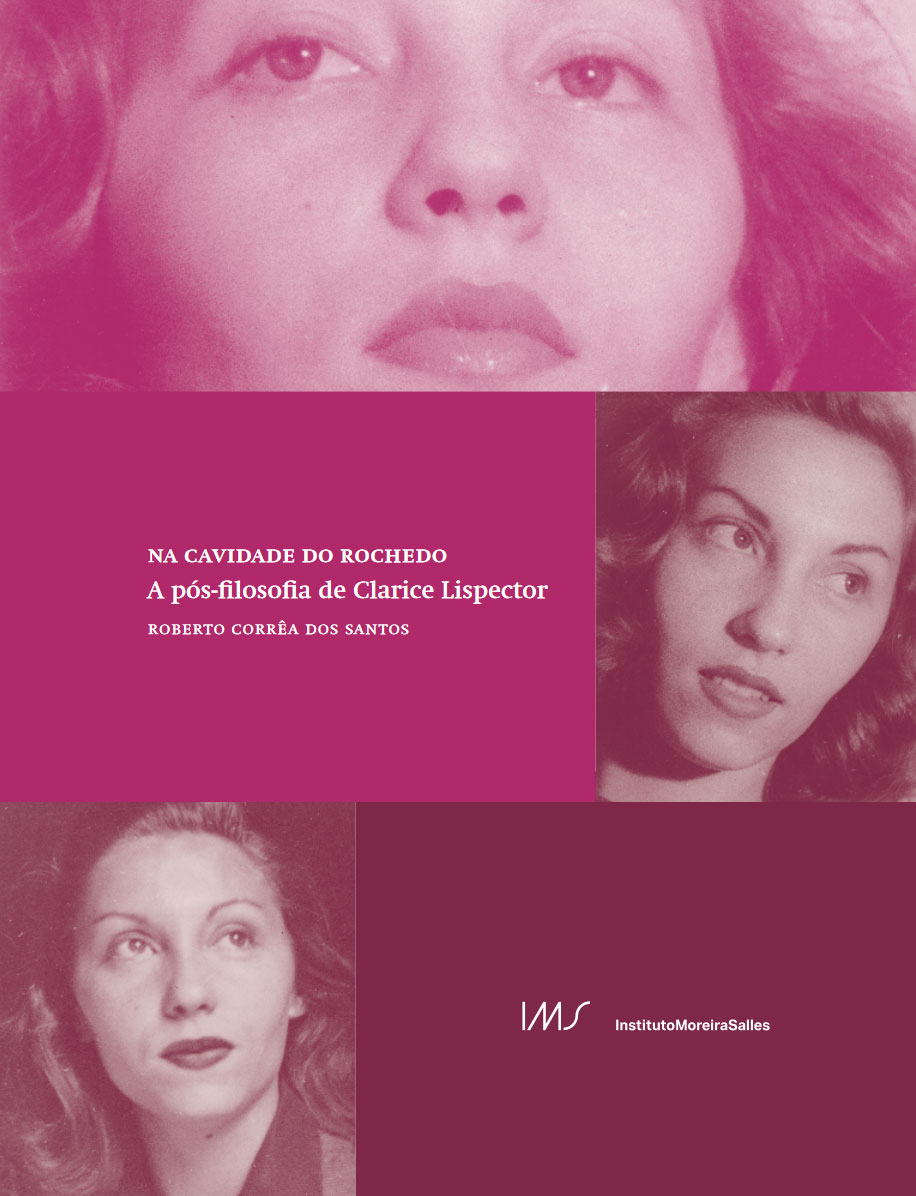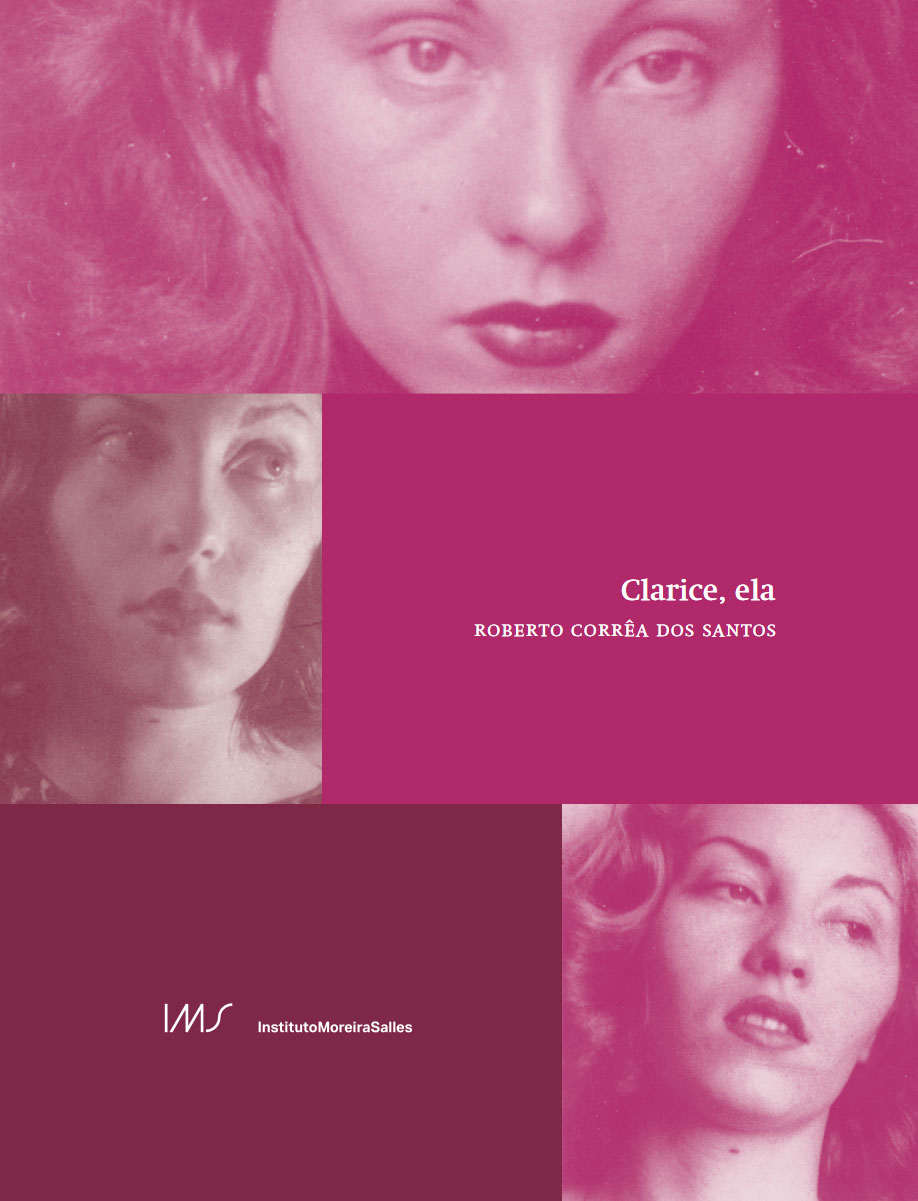O artigo aborda o conto Amor, de Clarice Lispector, do livro Laços de família, observando como o texto tensiona as oscilações entre o familiar e o estranho (FREUD, 1987) na representação das relações familiares e como instaura uma percepção desautomatizada (CHKLOVSKI, 1973) a partir do embate da personagem Ana com seus outros sociais (o cego, a percepção da fome de crianças). As relações ficção e sociedade serão observadas no conto (visto em correlação com outros textos da autora), com atenção às categorias narrador e focalização (GENETTE, 2017) e a formulações da crítica cultural (ADORNO, 2000; ADORNO, HORKHEIMER, 1980; MATOS, 1993; NIETSZCHE, 1987). Percorremos ainda aspectos simbólicos presentes na obra abordada (CHEVALIER; GHEERBRANT, 2020; ELIADE, 1996), observando também a questão da ocorrência de epifanias na obra, dialogando quanto a esse e outros aspectos com a fortuna crítica da escritora.
PDF / E-book
Diagramas para uma trilogia de Clarice
In the cavity of the rock: the post-philosophy of Clarice Lispector
“In the cavity of the rock: the post-philosophy of Clarice Lispector” is a study published exclusively in electronic format and available only here. Upon reading it, readers are transformed into enchanted and frightened explorers, facing the Clarice cave– or literary work–which, by its very nature is ferocious, slippery, does not allow itself to be taken in its entirety. Divided into twelve chapters, Roberto Corrêa dos Santos passes through Clarice’s books and manages to not repeat what at this point is already known from what literary criticism of the last decades has endeavored to examine.
Clarice, she
“Clarice, She” is an electronic book composed of readings of five stories from Family Ties. Written by the critic Roberto Corrêa dos Santos, it holds the distinction of having been the first study on the Brazilian writer published in the academic field, in 1976, as a master’s thesis approved by the Department of Language Arts at the Pontifical Catholic University-Rio de Janeiro. From the analysis of the short stories “Preciousness”, “The Imitation of the Rose”, “The Crime of the Mathematics Teacher”, “The Dinner” and “Happy Birthday”, the author endeavors to draw a malleable profile of Clarice’s mode of thinking and writing, distinguishing them from a “direction of the gaze of writing”: feminine, masculine and familiar.


